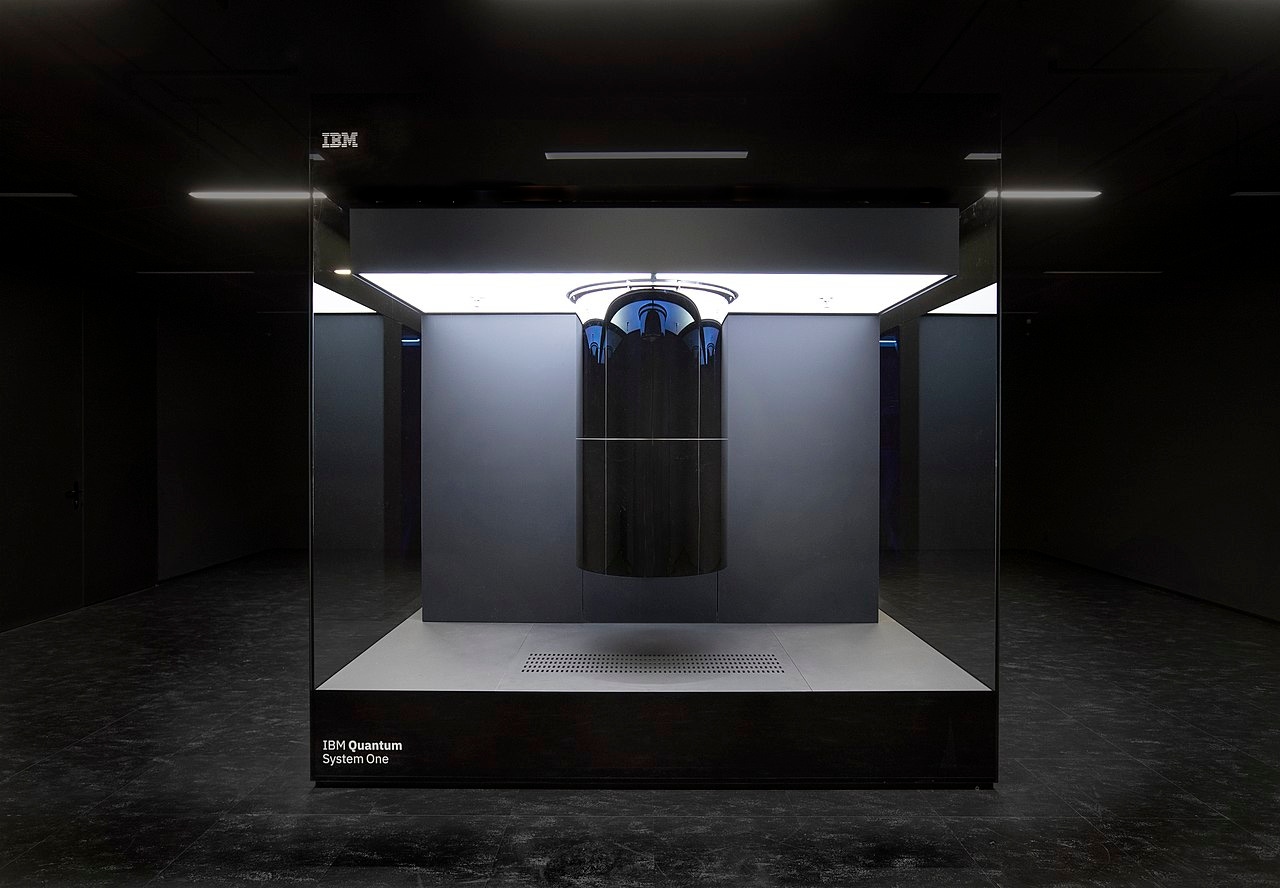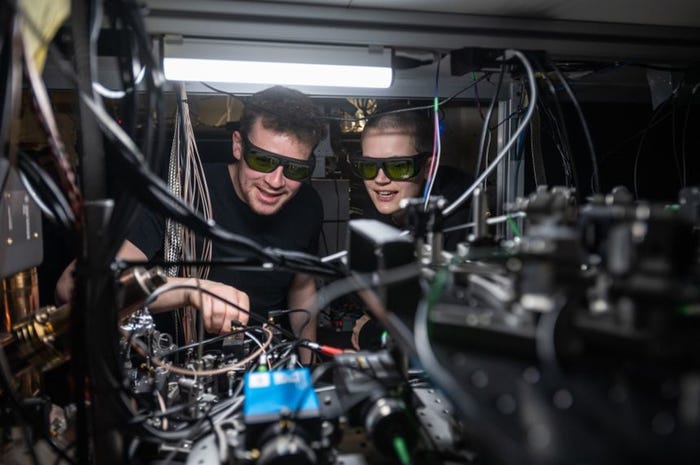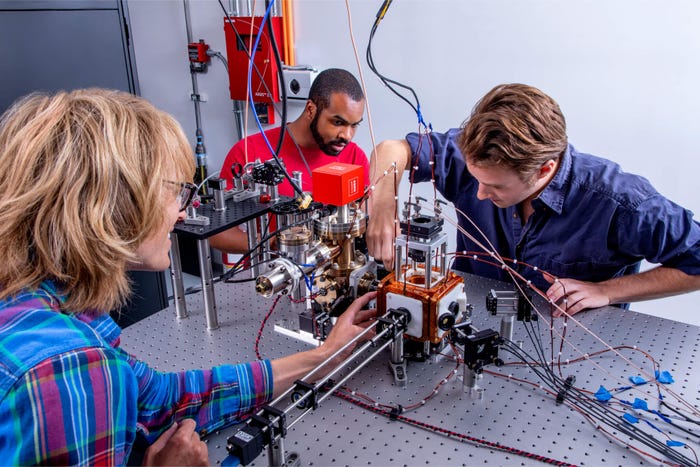
Connects decision-makers and solutions creators to what's next in quantum computing
Universities in Korea, Germany Install Quantum ComputersUniversities in Korea, Germany Install Quantum Computers
Yonsei University in South Korea, Goethe University in Germany gain the new technology

Universities in South Korea and Germany are getting a quantum boost with the announcement of two new on-site quantum computers.
At Yonsei University in South Korea, IBM is installing a 127-qubit quantum computer, its most powerful machine outside the U.S.
Housed in a glass cube and cooled to near absolute zero, it would form the heart of the university’s 91,000-square-foot quantum computing center, currently in trial operation and due to open fully on Nov. 20.
Yonsei University is targeting biotech applications as an initial use case and the new quantum hub plans to collaborate with industry to foster talent in quantum technology.
It is located in Songdo, where major biotech firms such as Samsung Biologics and Celltrion are located and is expected to promote collaborations within South Korea’s biotechnology sector.
“Companies will present the challenges they wish to solve and researchers will collaborate with them to design solutions using quantum computing,” said Cheong Jae-ho, head of the university’s quantum business division.
South Korean researchers have had access only to quantum computers with a maximum performance of 20 qubits. Yongsei’s would be the first quantum computer in the country to exceed 100 qubits.
German University Installs Diamond Quantum Computer
XeedQ, a company that develops quantum computing technology using spin qubits in diamond, has installed a five-qubit “Baby Diamond” XQ1 quantum computer at Goethe University to support research into quantum mechanics and computation.
The XQ1 uses technology that utilizes nitrogen vacancy centers in synthetic diamonds and can operate at room temperature. It supports scaling and does not need a cryogenic cooling system.
Goethe University has a long history of quantum research and was the site of the Stern-Gerlach experiment that first discovered the quantum spin property in electrons.
As well as research, the new technology would be used as part of Goethe University’s outreach program to further public awareness of quantum computing.
“Delivering Baby Diamond to Goethe University is a major step in our vision to democratize quantum computing,” said XeedQ CEO Gopalakrishnan Balasubramanian.
“We’re breaking down technological barriers to make quantum solutions accessible and impactful for a diverse range of industries and applications. I am particularly pleased that this system will be utilized for educational purposes and research, empowering the next generation of quantum scientists and engineers.”
Read more about:
AsiaAbout the Author
You May Also Like






